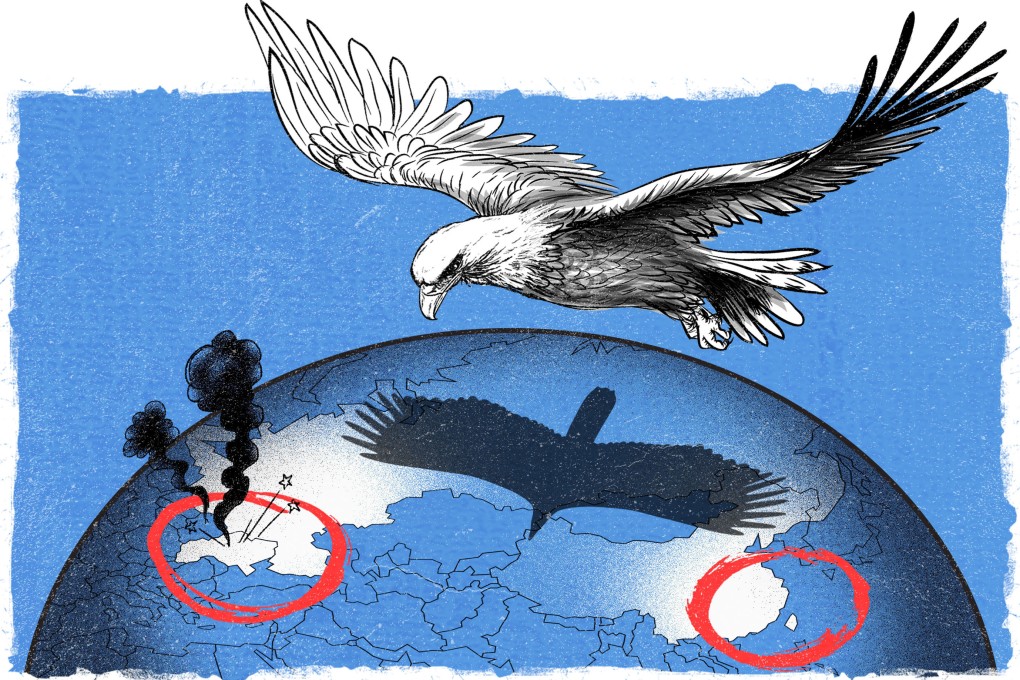Why Beijing thinks Taiwan is different from Ukraine
- Key difference is the Eastern European country’s status as a recognised sovereign state and so far Beijing’s ‘red line’ has not been crossed
- But Washington’s support for the self-ruled island is increasingly infuriating Beijing, which is taking careful note of the war’s progress

Beijing has long felt that Washington is using the self-ruled island as part of a strategy to undermine and contain its rival – accusing the US of disrespecting its sovereignty by backing the Taiwanese pro-independence camp.
Beijing regards the island as part of its territory, which it intends to recover by force if necessary, and “Today Ukraine, Tomorrow Taiwan” quickly emerged as a Taiwanese catchphrase after the Russian invasion began late last month.
But analysts said there were clear differences between the two – with sovereignty as the key reason why Beijing’s intentions in Taiwan were largely different from Russia’s invasion of its East European neighbour.
Washington was concerned enough about the similarities to send a high-profile delegation of former security officials to Taiwan, immediately after the Russian invasion.